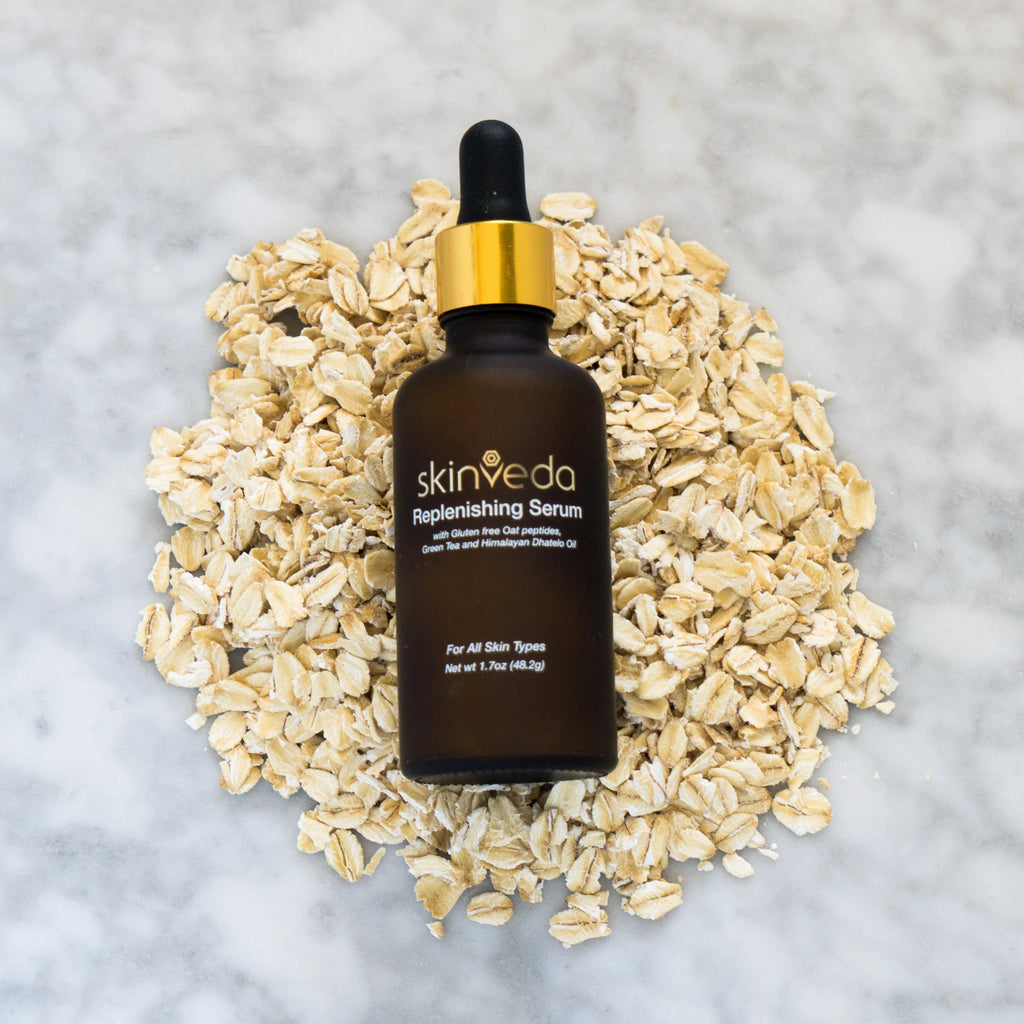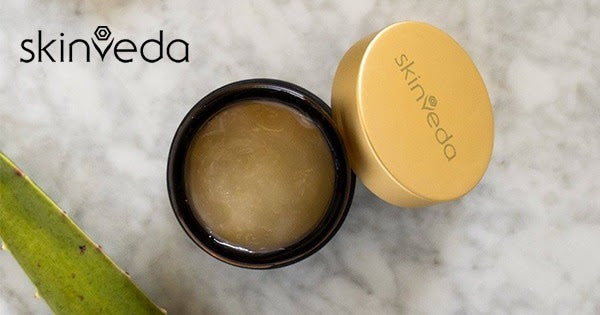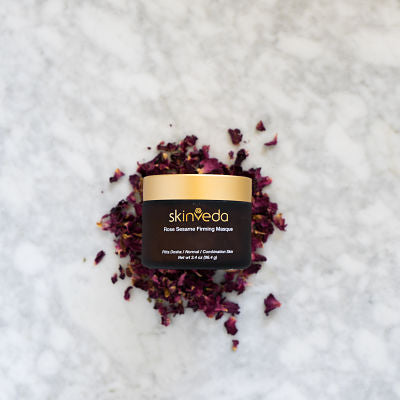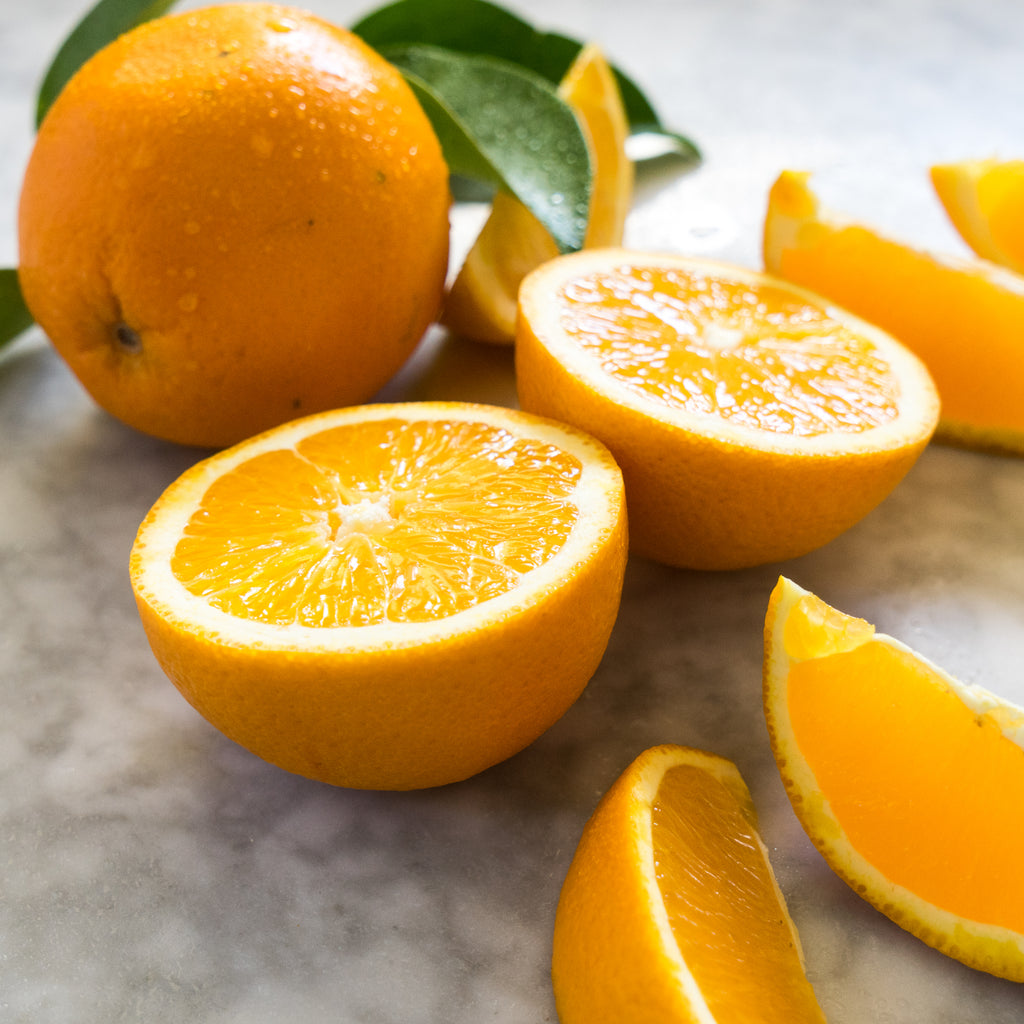News

How do I know my skin type?
think again! Our skin is porous, which means that it is constantly being affected by environmental,
psychological, emotional, and chemical stress from the stuff we put into our skin. Environmental
pollution plays a huge role for people living or working where there is smog, radiation, string winds,
debris, or humid climates. While psychological and emotional stress have a direct impact on our skin,
believe it or not. When we are under emotional stress (be it a sad news, or stressful work environment,
or being a caretaker, or a new mom as a few examples), there is a physical and chemical change in our
bodies with shortening of our telomeres, and signs of aging including premature graying of hair,
wrinkles, dark circles, dull complexion, acne, rosacea, atopic dermatitis, cellulite, weight gain, or weight
loss, hair loss, brittle nails. Chemical stress can be a result of using too many harsh chemicals on your
face and body including the hand soaps. Our skin likes products at a pH of 5-7. When we use sulfate-
based shampoos, hand soaps, bar soaps on our skin, we are stripping moisture from or skin which can
have an adverse effect leading to dry, and sensitive skin more prone to atopic dermatitis, acne, and
rosacea.
So, going back to the question about determining our skin type. You must know your current state of
physical, emotional, psychological and environmental imbalances on your skin. In my next blog I will be
talking about how to determine these imbalances. Stay tuned!

Dirty Secrets of the Beauty Industry, Part 1: Skinveda's Founder Tells Her Story
We asked some of the founders of our Indie brands to reveal a “Dirty Secret” of the conventional beauty industry – and tell us how it motivated them to make a difference.
Dirty Secrets of the Beauty Industry – Part 1: Shilpi of Skinveda
When you’re Principal Scientist at some of the largest commercial beauty brands as Shilpi was for over 18 years, you don’t miss much about how items are produced and brought to market:
"Most decisions [by large commercial beauty firms] are made based on commerce – it's all about adding a drop of that and a drop of this to bulk up the ingredient deck. When we talk about 'mass beauty', the word 'mass' is indicative of the fact that you are non-selective ...."
"I chose to start my own practice as an ethical cosmetic formulator and a brand that was solely performance-based using the highest quality plant-based ingredients that mimicked the chemistry of their synthetic lab-produced counterparts."
"As a scientist and an entrepreneur with experience in cosmetics formulation, pharmaceutical drug development and plant-based science, I have the advantage of lookimg at all sides of a formulation."
"I believe in 'Less is More' ... add a few high quality ingredients in the right amounts in synergy and customized to each individual’s skin as well as mind-body constitution."

Why is your skin always changing and how does stress (environmental and emotional) play a role on your skin health?

The Educated Consumer!
The art of reading the label is such a powerful tool. Yet, a lot of consumers are fooled by products that claim as “Natural”, “Cruelty-Free”, “Plant-based”. There are several ingredients that may sound toxic or chemical, but are in fact more natural than others. For example, I get a lot of questions about “phenoxyethanol”. It is a preservative found in many cosmetics with water in them and is relatively safe. It is also found in nature as well as in green tea. But consumers are alarmed by this ingredient and think of it as an alcohol or perhaps an endocrine disruptor. This brings me to the subject that little knowledge is a dangerous thing. So the nail polish you use may have nitrocellulose as the number one ingredient-also known as gun cotton and used to make explosives. But we see 95% brands calling nail polish safe and 3 free, or 5 free!
When reading a label, remember to see the top 5 ingredeints which make up the majority (about 90%) of the product where the top ingredient may be water or aloe vera leaf juice (75-90%). Sulfates, parabens, mineral oil, silicones are some ingredients you want to stay away from. Anyone claiming a Preservative Free or Chemical Free product is misguiding you! Water is also a chemical and so is salt and sugar. Think about it!
By Shilpi Jain, MS Hons.Chemistry, magna cum laude
President and Founder, Skinveda
Find your balance!
It is this time of the year when we are entering winter and cool weather is upon us. In Ayurveda, this is the Vata season entering Kapha. With Vata season is associated dryness, poor circulation and especially for people with Vata constitution, the symptoms are aggravated. Kapha, on the other hand, brings wetness with cold harsh climates. For Vata dosha, the latter part of Kapha might be beneficial as we transition from late spring to early summer. Right now, Vatas need to stay balanced and one with the transiton by keeping your bodies warm, eat warmer foods (the best approach to diet during this time of year is to concentrate on herbs and foods that carry dual tastes to avoid aggravating your Vata nature while balancing the effects of your Kapha environment). Pittas, Kapha season can be a mixed blessing,While its cooling temperatures may be balancing to your fiery nature, the practices that best help balance this season invariably involve warming. Licorice in particular is good for you at this time of year as it is Pitta-pacifying and phlegm-loosening.
It’s tempting to think that it would be easy for Kaphas to stay in balance during Kapha season, but unfortunately that’s not true.Remember that Kapha tends towards stagnation and heaviness if it is not properly invigorated.As in most things, nature is the best teacher. While the weather and temperature may be Kapha-like, plants and animals come to life as winter becomes spring. This is no accident and something that should be mimicked. If you’re not already involved in an active lifestyle, this is a great time for you to start one. Otherwise, the increased cold and wetness in your environment may lead you towards increased sedentary ways.
HOW TO GET RID OF SKIN SPOTS NATURALLY?
We thank Ayurveda Next Door blogger Ms. Eddinger for allowing Skinveda to share our article written for Ayurveda Next Door Blog with Skinveda fans.
Featured Photo: Unsplash.com
Oil Control Serum
Summer can be fun, yet play a havoc on people with oily and combination skin types. With excessive sweating or oil production, acne is inevitable. To help control excessive oil production, Skinveda has developed products especially for this problem.
Our Tulsi Pore Refiner is a light amber colored gel that penetrates quickly into the pores of the skin with a pH of 5.5. It has three active ingredients that help with desquamation of dead skin cells, thus help with pore size reduction without the use of abrasive exfoliants, and control sebum production while also helping with scarring and uneven skin tone due to acne. It is oil-free and hydrating.
The three key ingredients in this light gel include Tulsi (Ocimum sanctum) leaf extract from India, Lentil seed peptides from France, Eijitsu rose from Japan.

